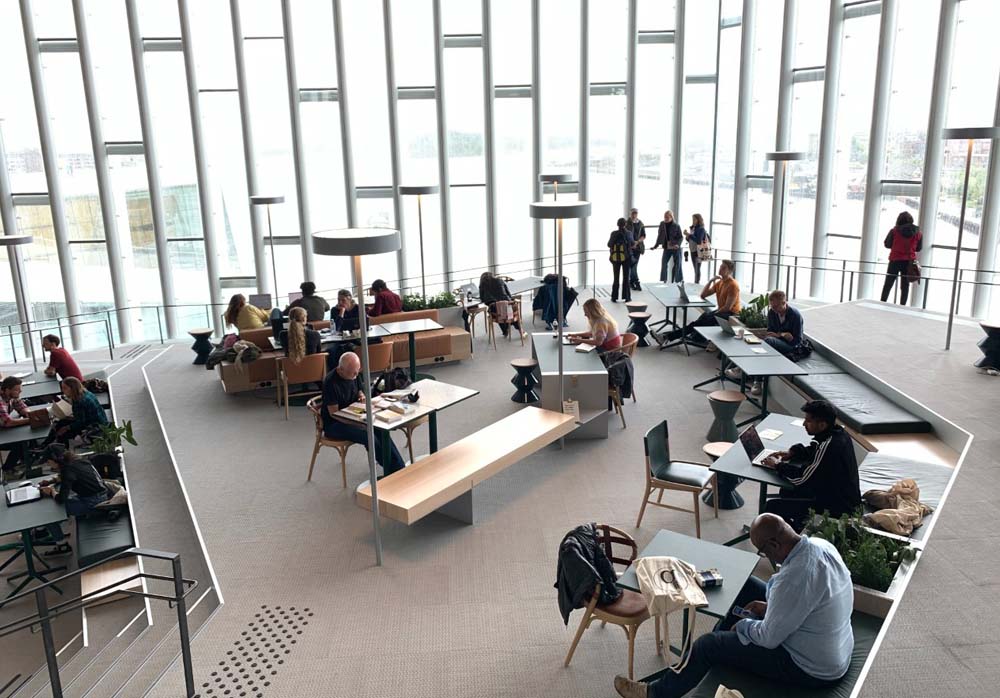Businesses are constantly looking for creative ways to keep and attract top talent within the ever-changing landscape of employee benefits. Subsidized meals, particularly in the form of corporate cafeterias, are now a key way of fostering a positive working environment and improving employee well-being.

Understanding Subsidized Meals:
A corporate cafeteria with a subsidised price represents a company’s commitment to health and employee satisfaction. The basis of this program is in the idea of subsidized food, where employers opt to pay a portion of the cost for meals, providing employees with access to healthy and affordable alternatives right on site.
Employment Benefits and Economic Advantages for Employees
Employees who have meal plans that are subsidised are an excellent method of reducing costs of living. Financial burdens can be high when costs are always rising. In subsidizing food options employers can ease the burden, enabling their employees to have high-quality meals without stretching their budgets.
Strategic Influence on Employee Satisfaction
Subsidized meals can be economically beneficial, but they also boost satisfaction among employees. An engaged and happy workforce is one that is well fed. By providing employees with subsidized food options, they can save time and reduce stress by not needing to leave work.
The shared nature of a cafeteria in a company promotes camaraderie and unity between employees. Food sharing allows for socializing, collaborative work and informal exchanges of ideas. This results in more lively and connected workplace. Click here Subsidized Food
Employee preferences and diversity in the kitchen:
Subsidized food can also meet the diverse culinary preferences of modern workers. Corporate cafeterias provide a variety of choices for different diets and needs. A subsidised lunch program allows employees to indulge in a variety of healthy and tasty meals, no matter if they are vegetarians, vegans, or have specific restricted dietary requirements.
The role played by health and well-being
Employee health is essential to productivity and long-term business success. The subsidised meal program promotes healthier choices in food, which can in turn improve the wellbeing of employees. Menus can also be developed in conjunction with nutritionists to ensure healthy and balanced meals. This will be beneficial to the overall health of employees.
The importance of creating a positive work culture:
Subsidized food plays a crucial influence on the culture of a company. Employees are assured that the business cares about their health. This gesture is more than financial compensation. It creates a caring and positive environment that encourages employee loyalty and dedication.
Win-Win Situation for Employers
Although the benefits to employees are evident, subsidized meals can also be an opportunity for employers. A healthy and happy employees are more likely to be productive, imaginative and motivated. The positive impact of employee retention and recruiting on the long-term performance of a company could be attributed to its success.
Conclusion:
Subsidized meals, especially in the form of corporate cafeterias are not just a line item in the employee benefits package. They’re an investment in strategic investment to ensure the success, well-being, and happiness of your employees. While companies are navigating the competitive landscape for top talent, providing subsidized meals stands out as an impactful and tangible method to create a positive workplace environment that boosts both individuals and the overall success of the organization.